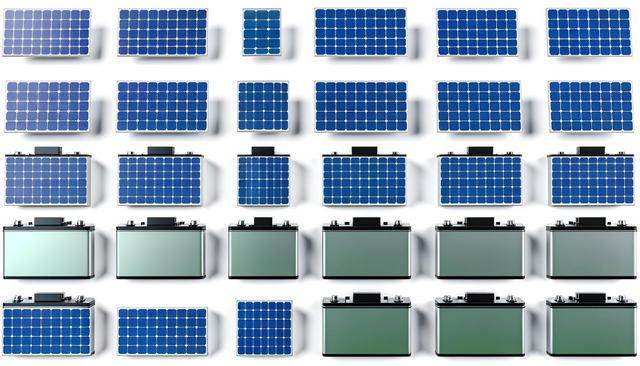The Benefits of Solar Power Batteries
Investing in solar power batteries extends beyond immediate savings. These systems offer substantial benefits, pivotal for a more sustainable living. A primary advantage is achieving energy independence by using solar power batteries, as they allow households and businesses to detach from traditional power systems, ensuring uninterrupted power supply. This becomes incredibly critical in areas prone to outages, as solar power batteries provide reliable backup power solutions. Furthermore, by utilizing stored solar energy, you reduce your carbon footprint, contributing actively to a cleaner environment. This personal step towards sustainability is complimented by the fact that using solar power batteries pegs electricity prices in check, as stored energy acts as a hedge against volatile utility rates.
Maximizing Financial Incentives
Financial returns associated with solar investments are enhanced through government incentives and rebates for solar energy users. These programs often cover a portion of the installation costs or provide tax benefits, making the transition more affordable. Many regions offer specific schemes tailored to encourage the adoption of solar power, recognising the long-term environmental and economic benefits. It’s essential for potential users to explore the eligibility criteria and application processes for these incentives, as they considerably lower the barrier for entry into solar technology. When combined with affordable solar power batteries, these financial incentives not only make solar energy systems accessible but also highly attractive to a broader audience.
The Science of Energy Efficiency
Energy efficiency by using solar power isn’t just about reducing consumption; it’s about optimizing the system’s design for maximum output. Effective use of solar power batteries involves tailoring your solar panel arrangement to align with both your energy consumption patterns and the environmental factors inherent to your location. Considerations such as panel orientation, shading, and climate play a pivotal role in determining the optimal setup. Proper maintenance of your solar power batteries, which includes monitoring charge levels and ensuring regular inspections, enhances their lifespan and operational efficiency. This culminates in heightened energy savings and reduced maintenance costs over time, emphasizing why energy efficiency should be a focal point in system planning.
Planning for a Sustainable Future
In envisioning a clean energy future by using solar power batteries, planning plays a crucial role. A strategic approach would involve a comprehensive assessment of your current and projected energy needs, consultation with solar energy experts, and exploration of the latest technological advancements in battery storage. Solar power batteries not only pave the way for energy independence but also position users at the forefront of environmental conservation efforts. As the world pivots towards renewable energy, those integrating solar power systems today are setting a precedent in sustainable living. With combined efforts, the widespread adoption of solar technologies holds the promise of a resilient and environmentally responsible future.

